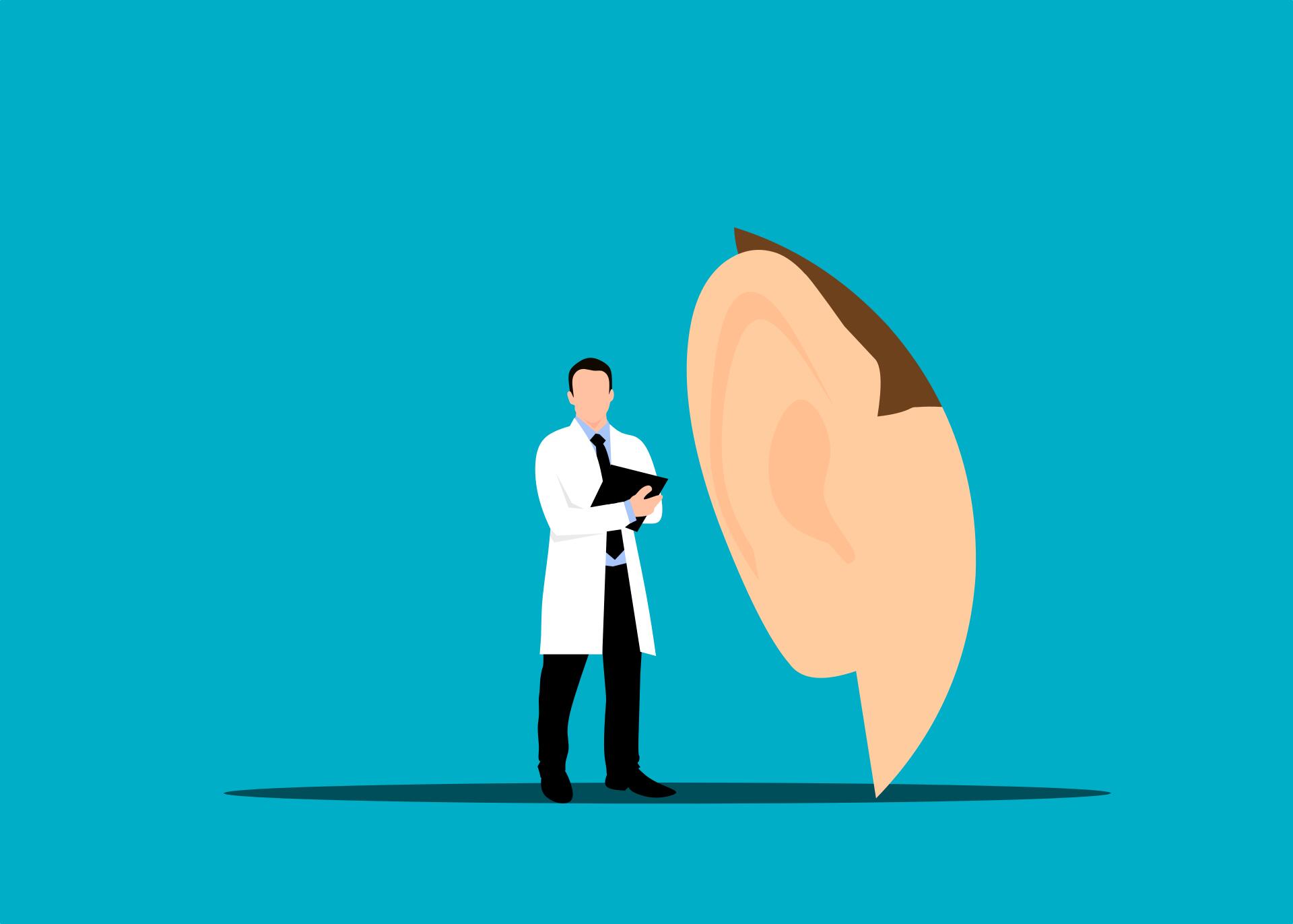
Anxiety in Teens: What to Do

31.9% of teens have issues with anxiety. If you’re beginning to see signs of anxiety in your teens, there are some things that you can do to help.
The first thing that you should do as a parent is to educate yourself on the signs of anxiety in teens and why anxiety frequently happens during the adolescent years. Read on now for the answers you’ve been looking for.
Reasons Teens Have Problems With Anxiety
It’s not uncommon for teenagers to have issues with anxiety as they continue through their adolescent years. There are several reasons that your teenager might be struggling with anxiety.
One factor that causes anxiety in teenagers is facing pressure from you as their parent to succeed. While as parents, we want our children to do well, sometimes the way you go about making your expectations known can cause them to become increasingly anxious and scared of failing you.
Another thing that can cause your teens to experience anxiety is peer pressure from other children their age. As your children become adults, they will want to fit in with those around them.
They want to fit in can leave your child struggling with the things that their peers are asking or persuading them to do. Sometimes fitting in means doing something they know is wrong and shouldn’t be done.
We all know that teen hormones can be a lot to deal with, but it does cause anxiety in teens. As their bodies begin to change, it can affect the way they feel and think about themselves.
This leads to them becoming scared and anxious about the way that others will view them. Now that you know some of the most common reasons for anxiety symptoms in teens, here are some of the signs that parents should be on the lookout for.
Changes in Emotion
The first sign that your child might be struggling with anxiety is changes in their emotions. They may become increasingly irritable when you ask certain questions, whereas they weren’t like that before.
They might also start to have unexplained outbursts and not want to talk about why they had the outburst.
Avoiding Social Situations
As children become teenagers, they tend to flourish socially. Making friends and connecting with people that have your same interests is all a part of growing up and maturing as adults.
But, when your child has anxiety, another sign that you might notice is they begin to make changes within their social circle. They may stop hanging out with their original friend group and begin spending more time by themselves.
You might begin to notice that your child who jumped at the chance to go to a movie or school dance with their friends now doesn’t want to go to any social event.
Decline In Health
When your child has anxiety, it affects them emotionally, mentally, and even physically. Anxiety can cause an array of physical changes that can affect your child’s overall health.
Continuing to be anxious can cause your child to experience things like:
- Persistent headaches
- Unexplained pains and aches
- Dietary changes
- Intestinal issues
- Increase in migraines
Sudden Insomnia
Teenagers need between 9-9.5 hours of sleep every night. When they don’t get the proper amount of sleep, it can make it challenging for them to focus the next day and be productive.
Anxiety can cause your teen to lose sleep because they spend their time thinking about the things that cause their anxiousness. Your teen might find themselves having issues falling asleep, or when they can sleep, they find themselves having nightmares.
Or after falling asleep, they wake up, and it’s as if they didn’t go to sleep at all because they feel rundown and not reenergized the way you’re supposed to feel after a great night of sleep. If your child suddenly has insomnia you could look into medications that could help them with this.
How to Help Your Child With Their Anxiety?
When your child has problems with anxiety, they should be able to come to you for help and get what they need from you as their parent. The first thing you need to do as their parent is acknowledge how they’re feeling and validate those feelings.
The worst thing you could do is invalidate your child’s feelings causing them to think that they’re wrong. After you acknowledge the reasons that they are feeling anxious, encourage them to find ways to overcome their anxiety.
For example, if your child is anxious about speaking in front of people, take time to let them practice with you. The more comfortable they become speaking in front of their family, the easier it will become for them to speak in front of others over time.
Another crucial aspect of helping your child with their anxiety is setting aside time to spend as a family. Spending time as a family can help your child to relax and for a moment and forget the things that have caused them to be anxious.
It might also help if you schedule events for your child where they can spend time with friends that they are comfortable being around. You can also help your child process their emotions.
Discuss why this specific thing is causing your child anxiety, and it might prove useful to share some of the anxieties you had as a teenager with them.
Anxiety in Teens a Comprehensive Guide
Anxiety in teens is a common issue that parents see. We’ve discussed things above that you need to know about, such as why your child might have anxiety and signs that you should be on the lookout for.
If you’re looking for medication that can help your child with their insomnia or other symptoms that come with anxiety, contact Kiwi Drug. We want to help you help your teen get their life back on track.
Related Posts


